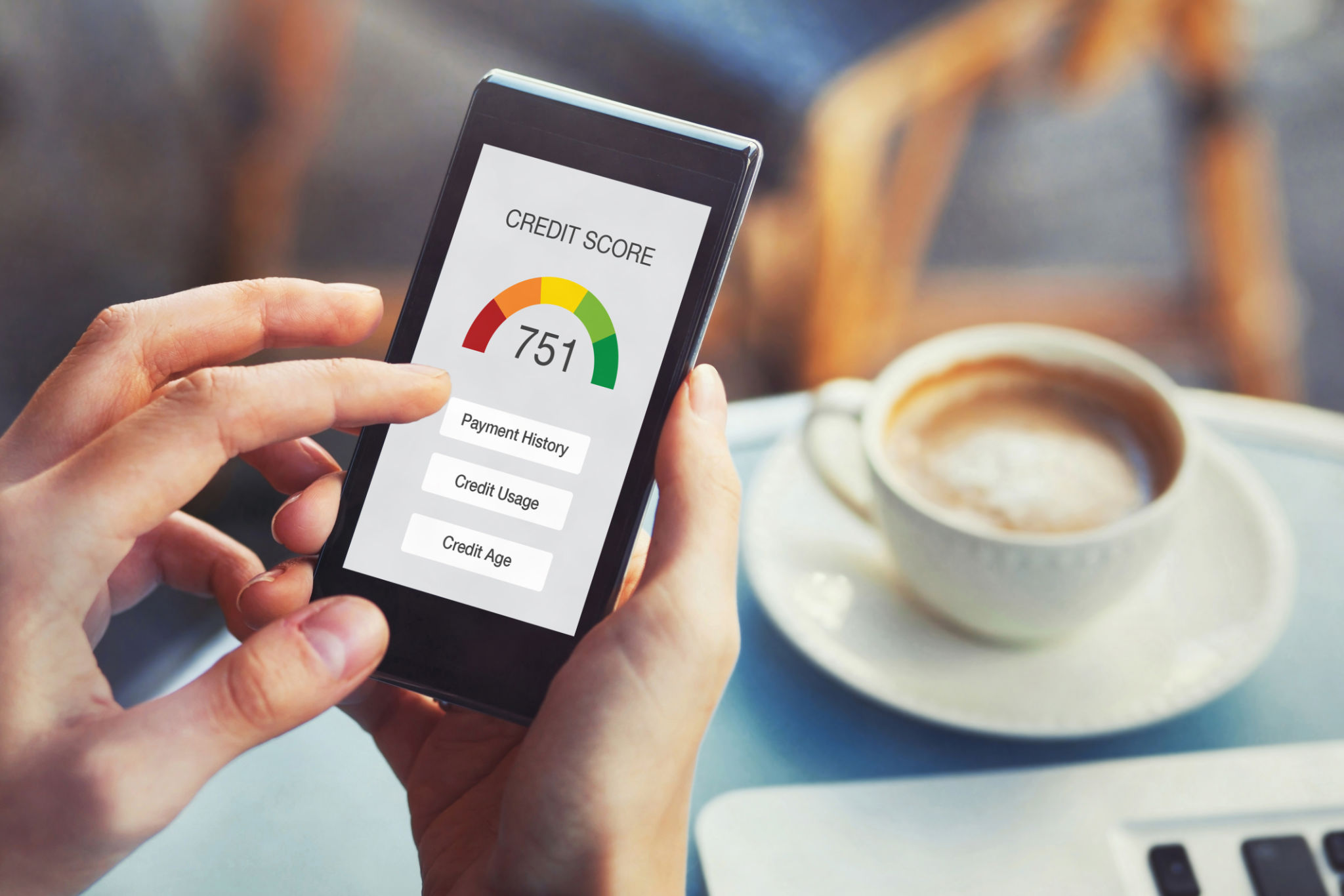Personal Credit vs. Business Credit: Key Differences Explained
Understanding Personal Credit
Personal credit refers to the credit history and score that belong to an individual. It is primarily used to assess an individual's ability to repay borrowed money. This credit profile is developed through various personal financial activities, such as using credit cards, taking personal loans, and paying bills.
Your personal credit score is typically affected by factors such as your payment history, the amount of debt you owe, the length of your credit history, and the types of credit accounts you hold. It plays a crucial role when you apply for personal loans, mortgages, or even certain jobs.

Understanding Business Credit
Business credit, on the other hand, is linked to a business entity rather than an individual. It helps determine how creditworthy a business is and is used by lenders, suppliers, and partners to evaluate the financial health and reliability of a company. Building a strong business credit profile is essential for securing business loans, leasing equipment, and negotiating better payment terms with suppliers.
Factors influencing business credit scores include the company's payment history with vendors and creditors, outstanding debts, and the length of time the business has been operational. Unlike personal credit, business credit profiles are often accessible to the public, providing transparency to potential partners and investors.

Key Differences Between Personal and Business Credit
While both personal and business credit assess creditworthiness, they serve distinct purposes and are evaluated differently. Here are some key differences:
- Ownership: Personal credit is tied to an individual, whereas business credit is linked to a company.
- Credit Bureaus: Personal credit scores are managed by bureaus like Equifax, Experian, and TransUnion. Business credit is reported by agencies such as Dun & Bradstreet, Experian Business, and Equifax Business.
- Impact on Finances: Personal credit affects individual financial opportunities, while business credit impacts a company’s financial dealings.
Building and Maintaining Credit
Building strong personal and business credit requires different strategies. For personal credit, consistently paying bills on time and keeping debt levels low are crucial steps. Regularly monitoring your credit report can help identify errors that might negatively impact your score.
For business credit, it's important to establish your business as a separate legal entity, such as an LLC or corporation. Open business accounts with vendors that report payments to business credit bureaus and ensure timely payments to build a positive record.

The Importance of Separating Personal and Business Credit
Separating personal and business finances not only simplifies accounting but also protects your personal assets from business liabilities. Using personal credit for business expenses can blur financial boundaries and potentially harm both your personal and business credit scores if not managed properly.
A clear delineation between personal and business accounts helps maintain organizational integrity and supports accurate financial analysis, making it easier for businesses to grow strategically.
Conclusion
Understanding the differences between personal and business credit is crucial for managing financial health effectively. While both are vital in their respective domains, they serve distinct purposes and require tailored strategies for building and maintenance. By keeping these distinctions in mind, individuals and businesses can better navigate their financial landscapes.

